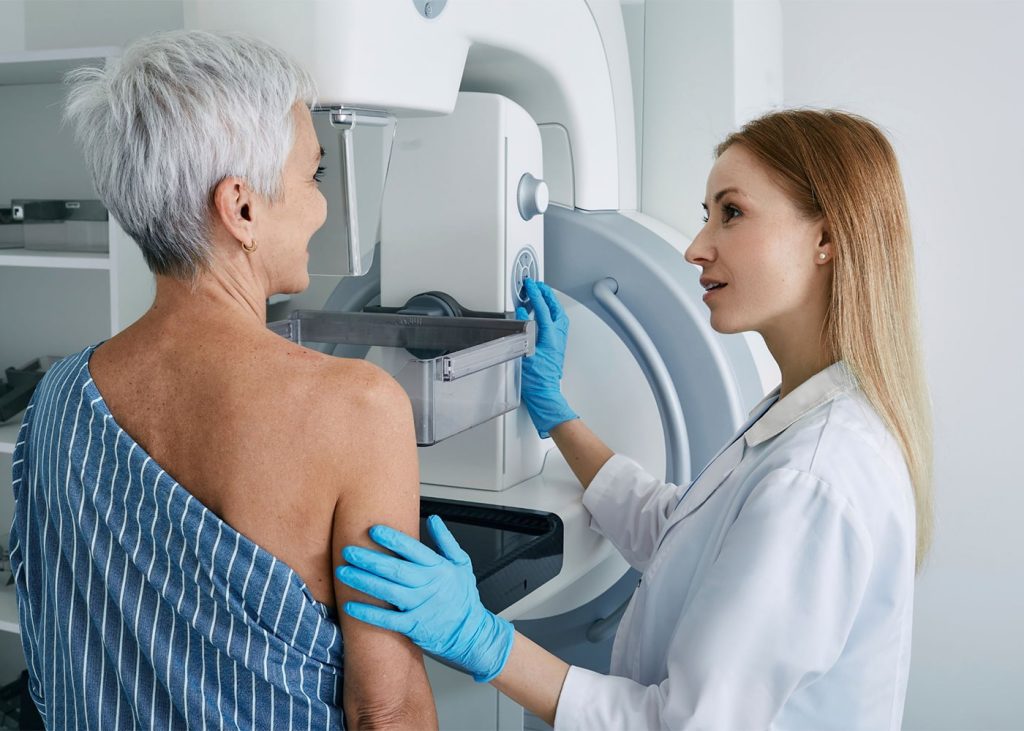Clinical trials are at the heart of medical innovation, playing a crucial role in the development of new treatments and therapies. At Chew Clinical Services, we recognize the transformative impact that well-conducted clinical trials have on advancing healthcare. Here’s a look at how these trials contribute to the evolution of medical treatments:
1. Testing New Treatments and Therapies
Clinical trials are essential for evaluating the safety and effectiveness of new treatments and therapies. Before a new drug or procedure can become widely available, it must undergo rigorous testing to ensure that it works as intended and does not pose significant risks to patients. These trials provide critical data that helps determine whether a new treatment can offer a meaningful benefit over existing options.
2. Improving Existing Treatments
In addition to testing entirely new therapies, clinical trials often focus on improving existing treatments. This may involve refining dosage, enhancing delivery methods, or combining therapies to achieve better outcomes. By investigating ways to optimize current treatments, clinical trials help to enhance their efficacy and safety, ultimately leading to improved patient care.
3. Addressing Unmet Medical Needs
Clinical trials are instrumental in addressing unmet medical needs by exploring treatments for conditions with limited or no current options. This includes researching therapies for rare diseases, chronic conditions, or newly identified health issues. By focusing on these areas, clinical trials can provide hope and potential solutions for patients who otherwise have few alternatives.
4. Expanding Knowledge and Understanding
Beyond evaluating specific treatments, clinical trials contribute to a broader understanding of diseases and their mechanisms. The data gathered from these studies helps researchers gain insights into how diseases progress, identify potential biomarkers, and uncover new avenues for research. This expanding knowledge base can lead to the development of more effective and targeted treatments.
5. Guiding Regulatory Approval
Successful clinical trials provide the evidence needed to gain regulatory approval for new treatments. Regulatory agencies require robust data to ensure that new therapies meet the necessary standards for safety and efficacy. By adhering to stringent protocols and producing reliable results, clinical trials facilitate the process of bringing innovative treatments to market.
6. Enhancing Patient Outcomes
Ultimately, the goal of clinical trials is to improve patient outcomes by advancing the quality and effectiveness of medical treatments. Through rigorous testing and evaluation, clinical trials help ensure that new and improved therapies are safe, effective, and capable of addressing the needs of patients. The knowledge gained from these trials directly translates into better treatment options and enhanced care.
At Chew Clinical Services, we are dedicated to advancing medical science through meticulous and impactful clinical trials. Our commitment to excellence in research helps drive progress in healthcare, providing new and better options for patients worldwide.

